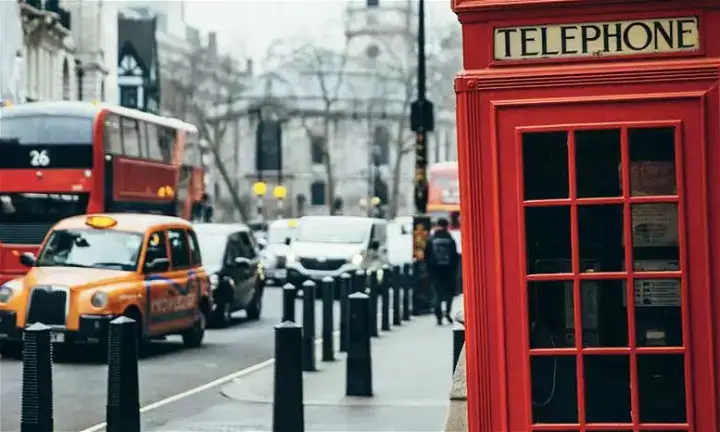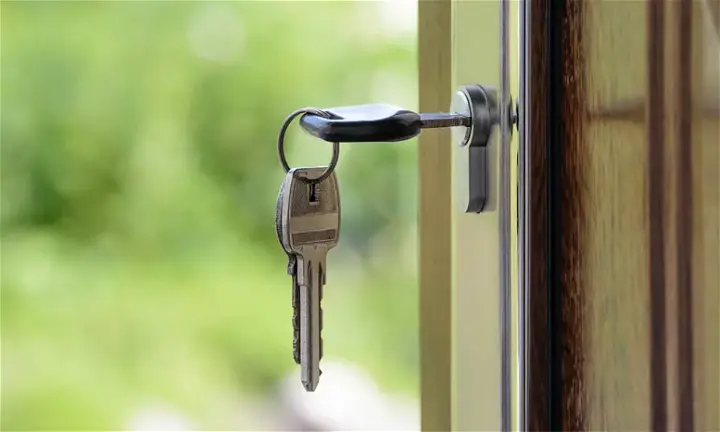
What you need to know about landlord safety regulations
As landlords and property owners, not only does it make sense to ensure that your property is safe for your tenants, it’s legally required. If you fail to comply with some of these checks and measures, you can be prosecuted. Generally, these conditions apply to private residential properties in England and Wales and may not apply to Houses in Multiple Occupation (HMOs). Nonetheless, safety of your tenants and your property is of utmost importance and should not be taken lightly.
1. Gas safetyAccording to the Gas Safety Regulations 1998, landlords must ensure that all gas appliances, pipe work and flues are maintained in a safe condition. Inspections must be carried out by a gasfitter or engineer who is registered on the Gas Safety Register. This must be carried out fewer than 12 months before a new tenant takes up residence at the property. A Gas Safety Certificate will be issued as proof of inspection and both you and the tenant should keep a copy.
Appliances and flues should be checked at least every 12 months by a Gas Safe Registered Engineer. If the property is not being let, the landlord should also take the responsibility normally taken on by the tenant to take reasonable measures if they suspect that a gas appliance is unsafe. All building regulations should be complied with if new appliances are fitted.
2. Fire safetyFire safety measures are varied and important for landlords to observe. Since 2015, it has been a requirement to have at least one smoke alarm on every storey of a rental property and a carbon monoxide alarm in any room where solid fuel appliances are contained. All of these alarms should be checked at the start of a new tenancy. It is the tenant’s responsibility to test fire alarms throughout the tenancy; if one is not working, they should replace the batteries or advise the landlord that the alarm itself should be replaced. Heat detectors are not considered a sufficient replacement for smoke alarms.
Landlords must also ensure that all furniture and furnishings provided are compliant with Fire Safety Regulations. Non-compliance is a criminal offence and you could end up with a £5,000 fine, 6 months’ imprisonment, or both. In the event of a death, you could even be charged with manslaughter, so it is worth carrying out these checks. Landlords have a duty to ensure that their property is fire safe under the Housing Act 2004 and the Regulatory Reform (Fire Safety) Order 2005. All residential properties in England and Wales should conform to these building regulations. If you are the landlord of a flat, bedsit or hostel you must undertake a risk assessment to comply with the Fire Safety Order, and HMO properties must have an unobstructed means of escape from the property.
3. Repairs and maintenanceAccording to Section 11, Landlord and Tenant Act (1985), landlords are responsible for the property’s structure and exterior. The landlord is not responsible for any damage caused by tenants. If the tenancy contact is over 7 years, these become the tenant’s responsibility. These duties cannot be cancelled or changed by the tenancy agreement terms. The landlord must keep the structure and exterior of the property in good repair; this includes external pipes, drains, gutters, walls, windows and the roof. All installations for the supply of gas, electricity, water and sanitation or for space heating and water heating must be kept in good repair and proper working order.
4. Electrical safetyAccording to the Plugs and Sockets (Safety) Regulations (1994), any plug, socket or adapter must comply with the appropriate current standard. It is crucial that the live and neutral pins on plugs are part insulated and that all plugs are pre-wired. All electrical appliances supplied by the landlord must be safe to use, in accordance with the Electrical Equipment (Safety) Regulations (1994). There is no mandatory requirement to safety test the appliances but all landlords should check appliances before the start of the tenancy and on a regular basis in the interests of safety. If you own an HMO, you must organise a five yearly safety check by an electrician even if you do not need a licence.
Here are the key guidelines which apply to all electrical appliances, though we strongly recommend you consult further guidance for all safety information (you can consult the relevant legislation on the government site). All fire extinguishers should meet BS3248 and be marked ‘BS6575 1985’. Correct plugs should be fitted and correctly fused, and plug sockets should be securely fastened to the wall or skirting. Multiple plug adaptors and trailing leads should be avoided, while leads should be complete with no wear or fraying. Any live parts should not be accessible and moving parts should be guarded. Electric heaters and central heating appliances should be services annually, washing machines, cookers and similar appliances should be services and in good working order, and any electric blankets should be serviced according to instructions provided by the manufacturer.
5. LegionellaLegislation concerning legionella is quite recent and therefore one of the lesser known requirements. The landlord or letting agent – whoever is responsible for managing the property – is likewise responsible for combatting Legionnaires Disease. Legionella bacteria cause a pneumonia-like disease which can be fatal. It is spread by inhaling contaminated drops of water. You do not need a consultant to carry out a Legionella check; you should be able to carry it out yourself. You should keep a record of your assessment, though it is not a legal requirement. You can find various resources to help you carry out Legionella checks online, such as this useful video from Euro Environmental.
Author: Roomlala



